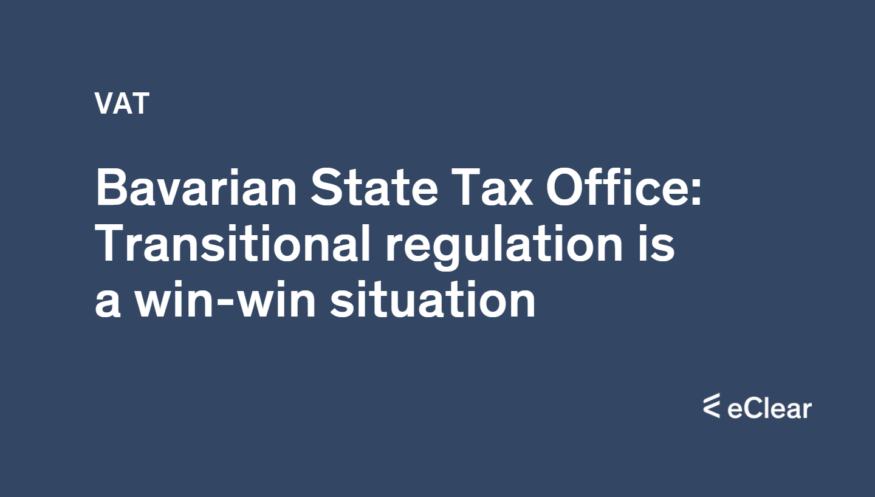An innovative business model developed by advertising agencies recently is to purchase vans and provide them with advertising imprints of their clients. The vehicles are then given free of charge to social institutions, clubs, associations or even municipalities, and they receive a free car but only have to pay the running costs. By using the vehicle in the city area or parking it in well-frequented places, companies such as Meier, Müller, or Schulze are advertised.
Bavarian State Tax Office emphasises a win-win situation
As reported by the NWB Expert Blog, the Bavarian State Office for Taxes has commented on the VAT treatment of the provision of advertising vehicles and emphasised that this is a win-win situation – for the office and the advertising agencies. It is pointed out that the regulations on the new taxation through § 2b UStG must be observed, whereby the optional transitional regulation has been extended until 31 December 2024. It is also pointed out that the advertising service is provided by operating the mobile advertising unit based on agreements under private law and that the conditions for applying the provision of § 2b UStG are not met.
Barter-like turnover triggers tax liability
The administrative instruction states that an advertising entrepreneur already makes a supply within the meaning of § 3 (1) UStG when handing over the vehicle to the institution in question, as the power of disposal over the car is transferred to the institution at this point. No further performance, such as the transfer of the vehicle, precedes this.
It is about a turnover similar to an exchange, in which both the advertising company and the institution using the advertising vehicle must be considered. The institution only renders its service at the end of the advertising vehicle’s useful life. Still, the advertising company makes the delivery that is to be regarded as consideration at the beginning of the contract. Since the transaction is similar to a barter transaction, the turnover tax arises in the case of taxation according to the agreed consideration at the end of the advance notification period in which the consideration is paid.
Regarding the provision of advertising vehicles to legal entities under public law, the new taxation regulation by § 2b UStG must be observed. However, there is an optional transitional regulation according to the previous turnover taxation according to § 2 para. 3 UStG in the old version is still possible until 31/12/2024. If the transitional regulation expires or the new regulation is applied now, the following applies: JPöR are only not considered entrepreneurs insofar as they carry out activities that are incumbent upon them within the scope of public authority.
Taxation of the Provision of Advertising Vehicles to Legal Entities under Public Law – Restrictions and Exceptions
The new regulation of taxation by § 2b UStG for the provision of advertising vehicles to legal persons under public law only applies to those activities in which the JPöR operates based on a special regulation under public law. Since the advertising service is provided using the advertising vehicle based on private law agreements, the conditions for applying the provision of § 2b UStG are not met. Nor is the advertising service to be assessed as a sovereign auxiliary business. Consequently, the JPöR performs a VATable service with the advertising service vis-à-vis the advertising company.







